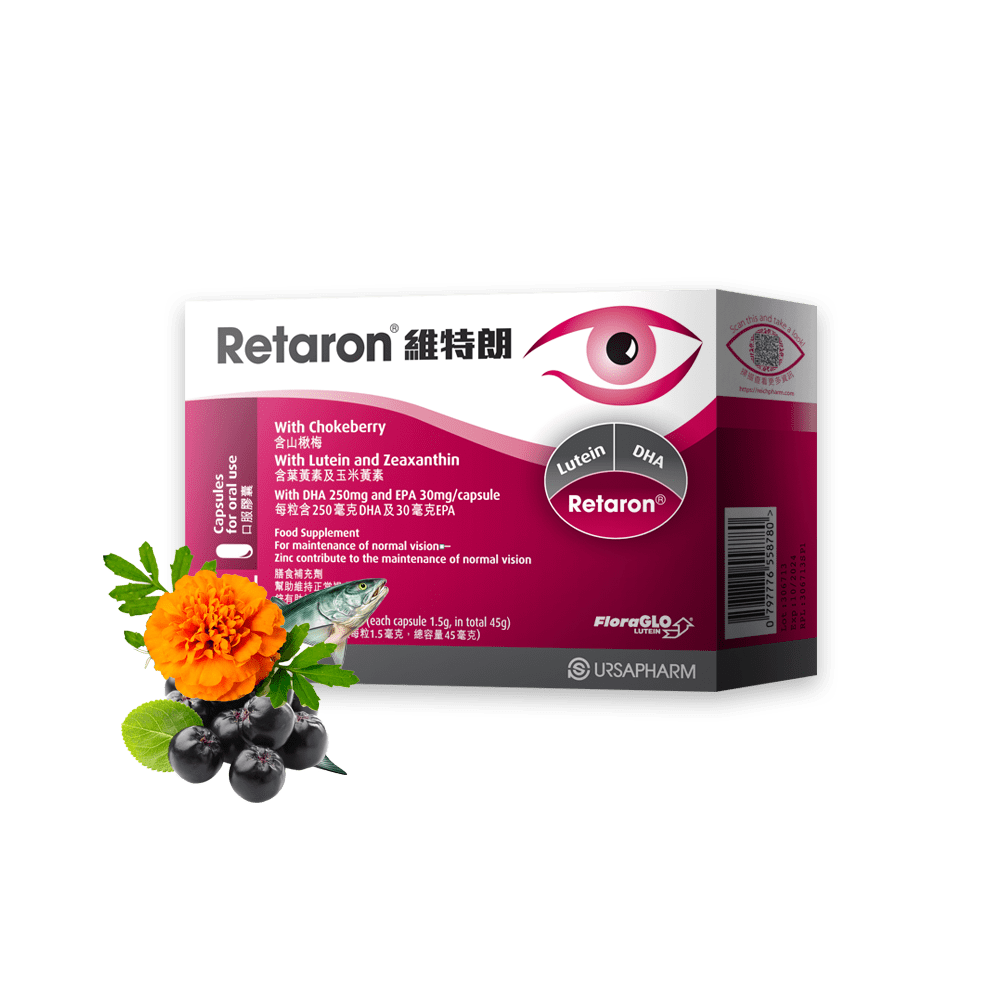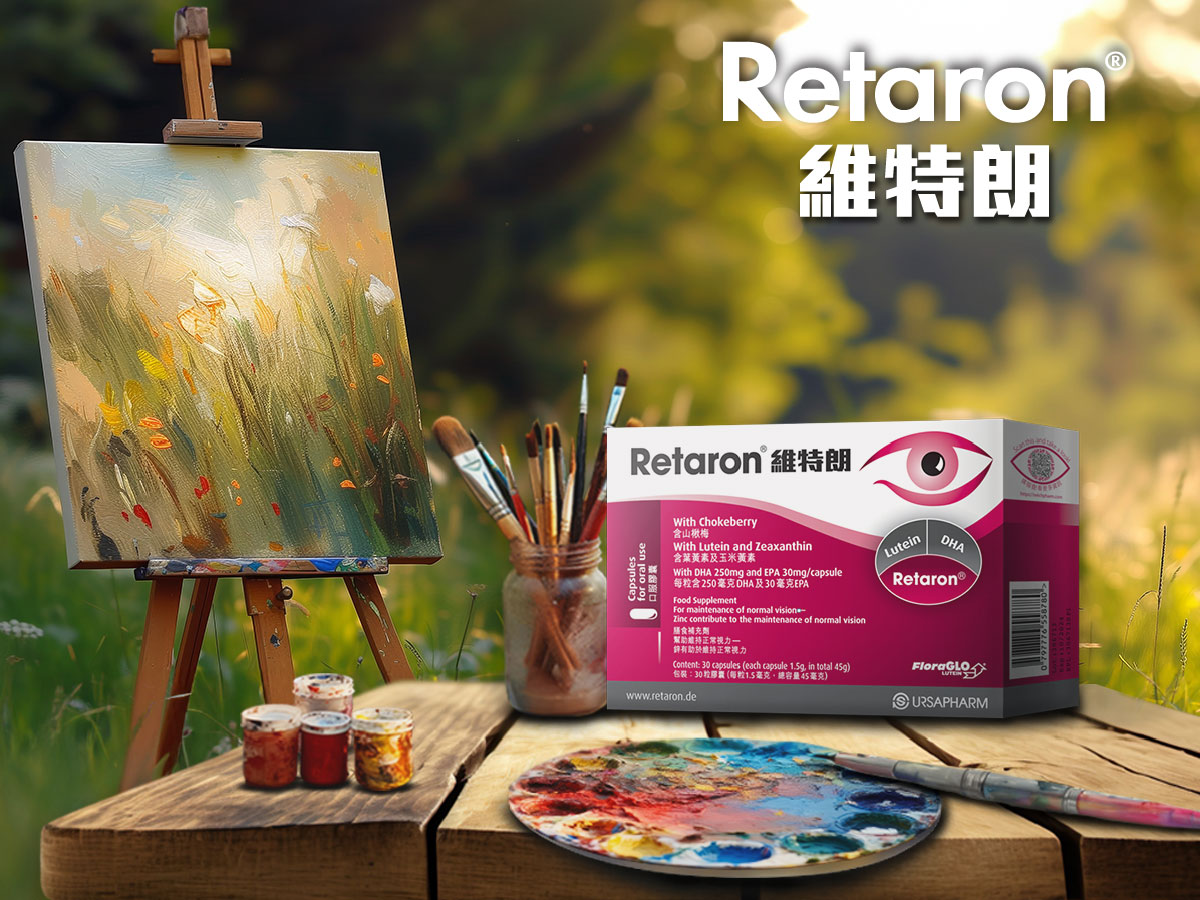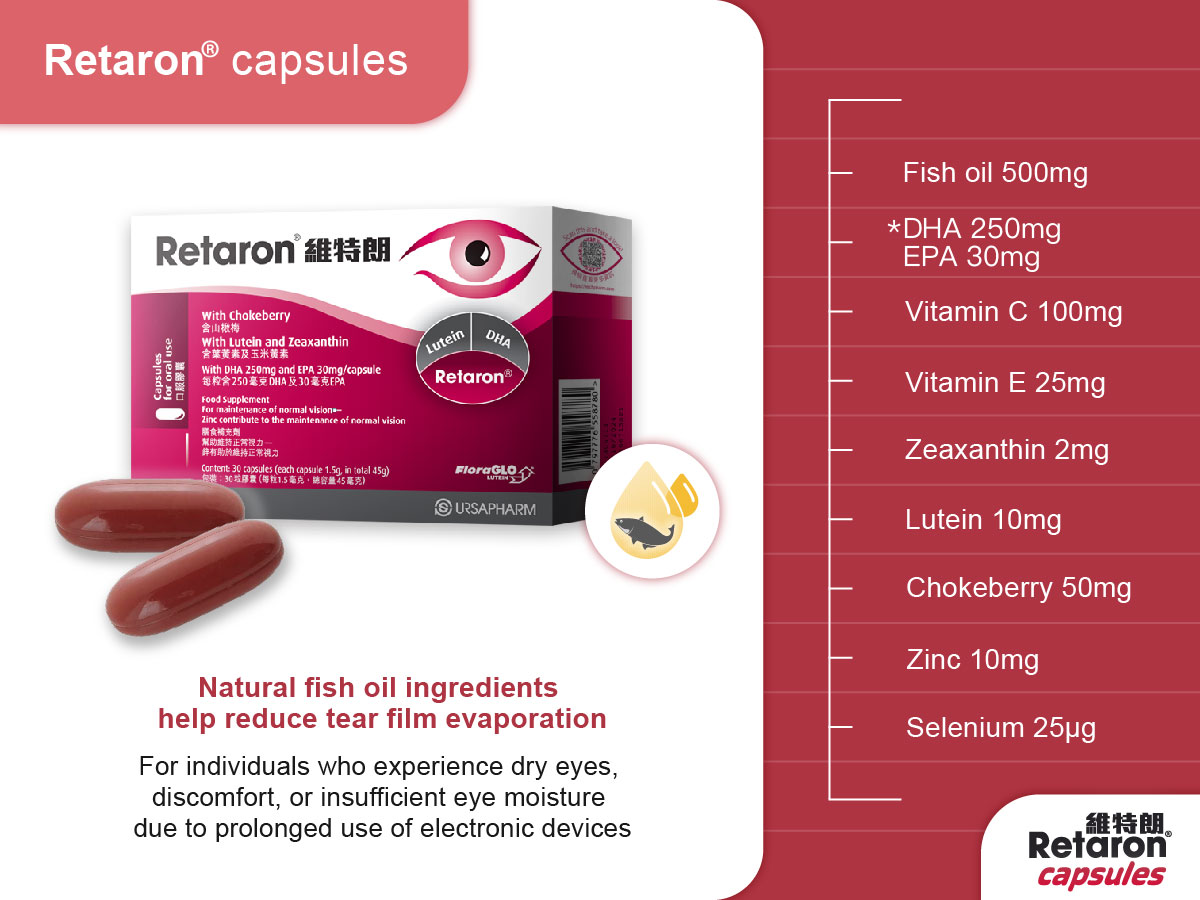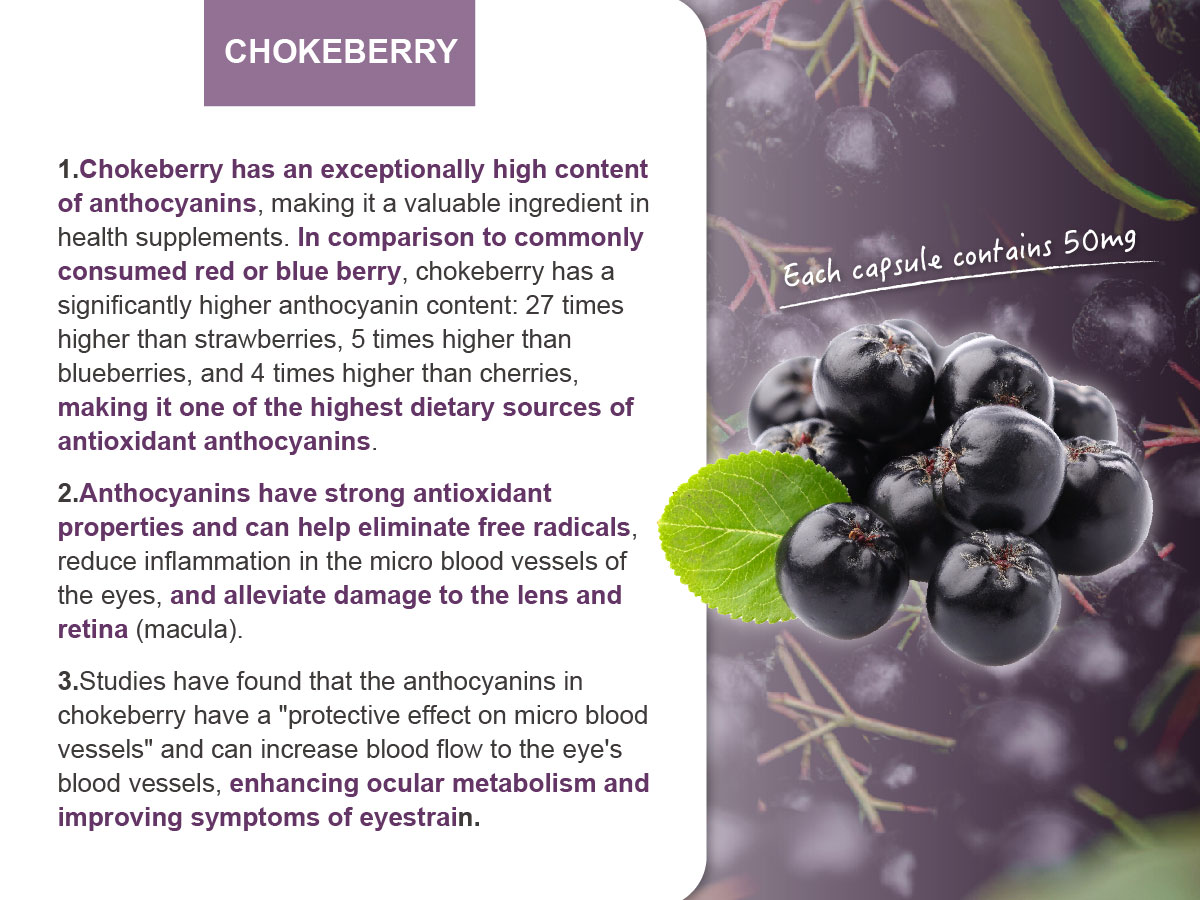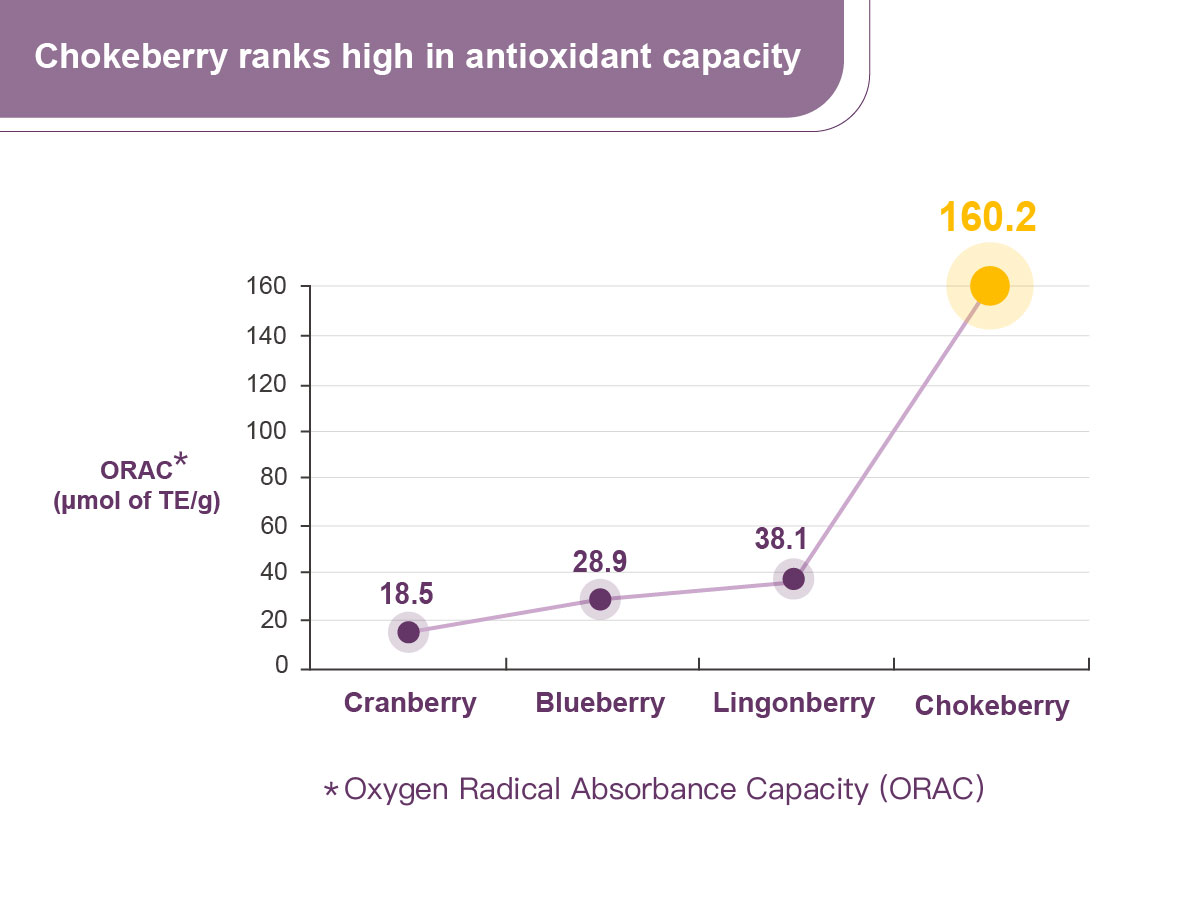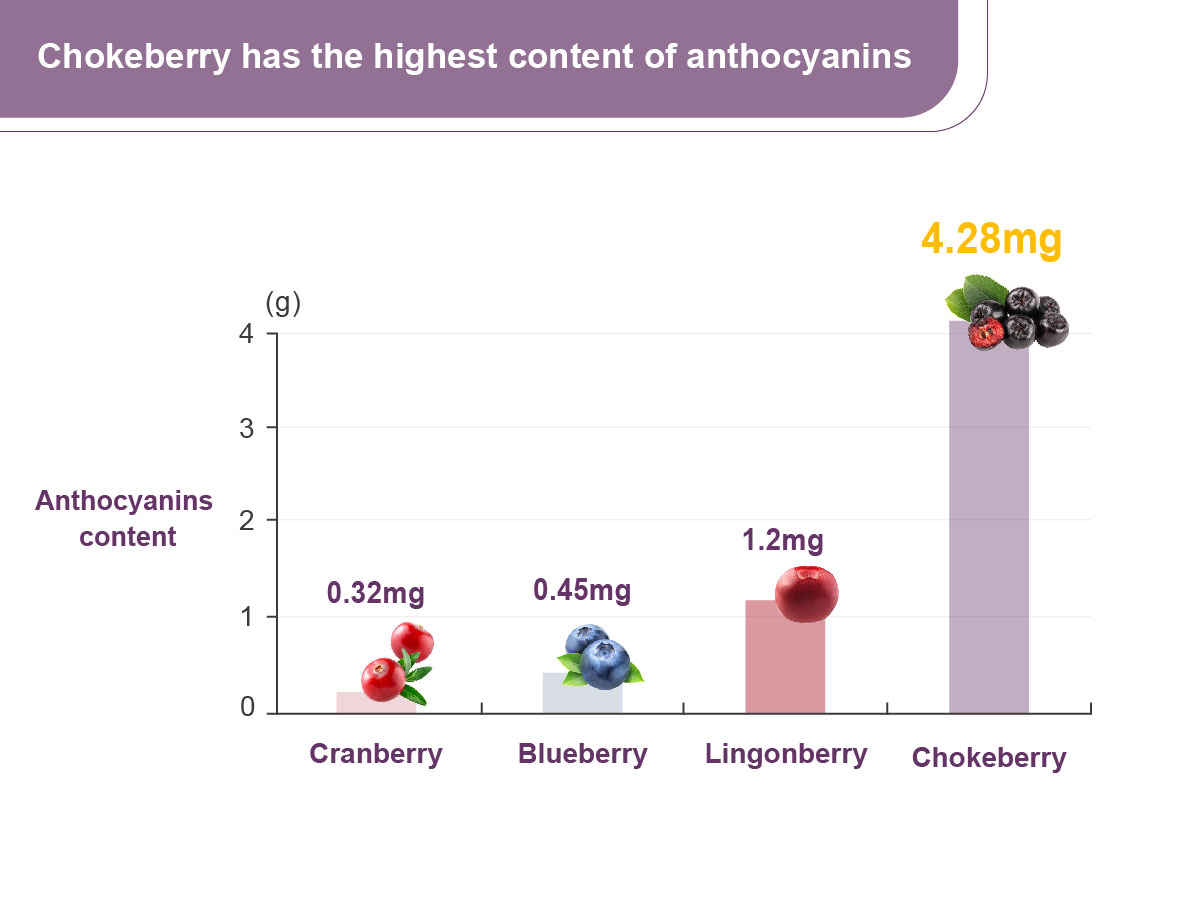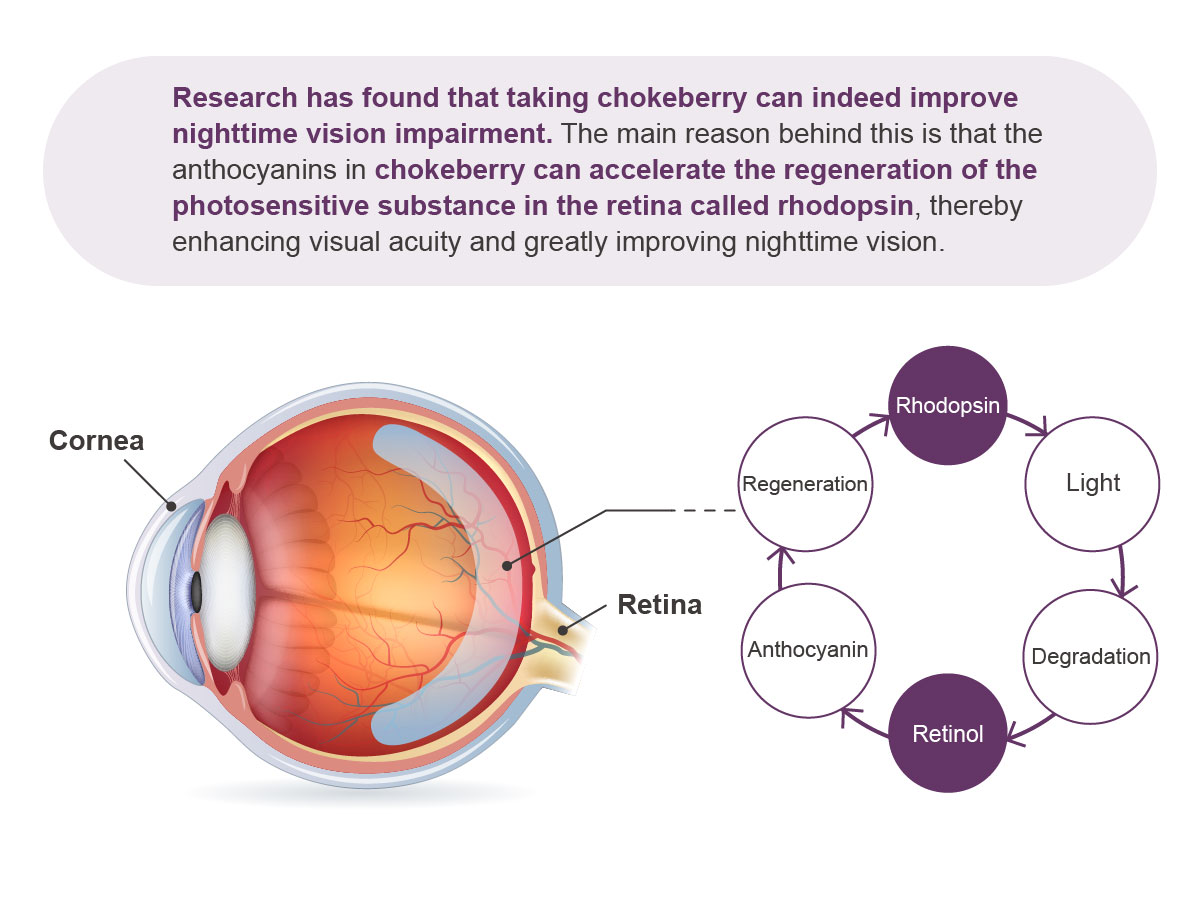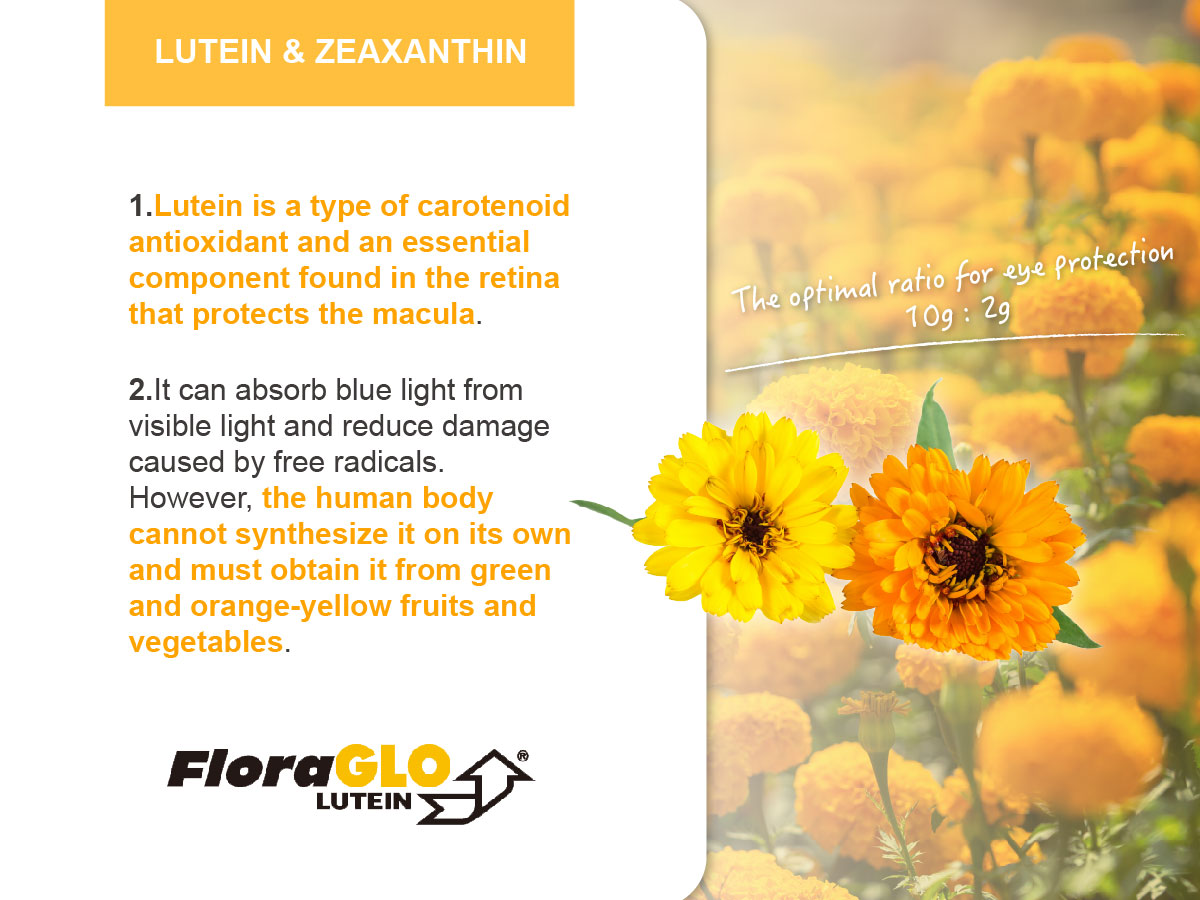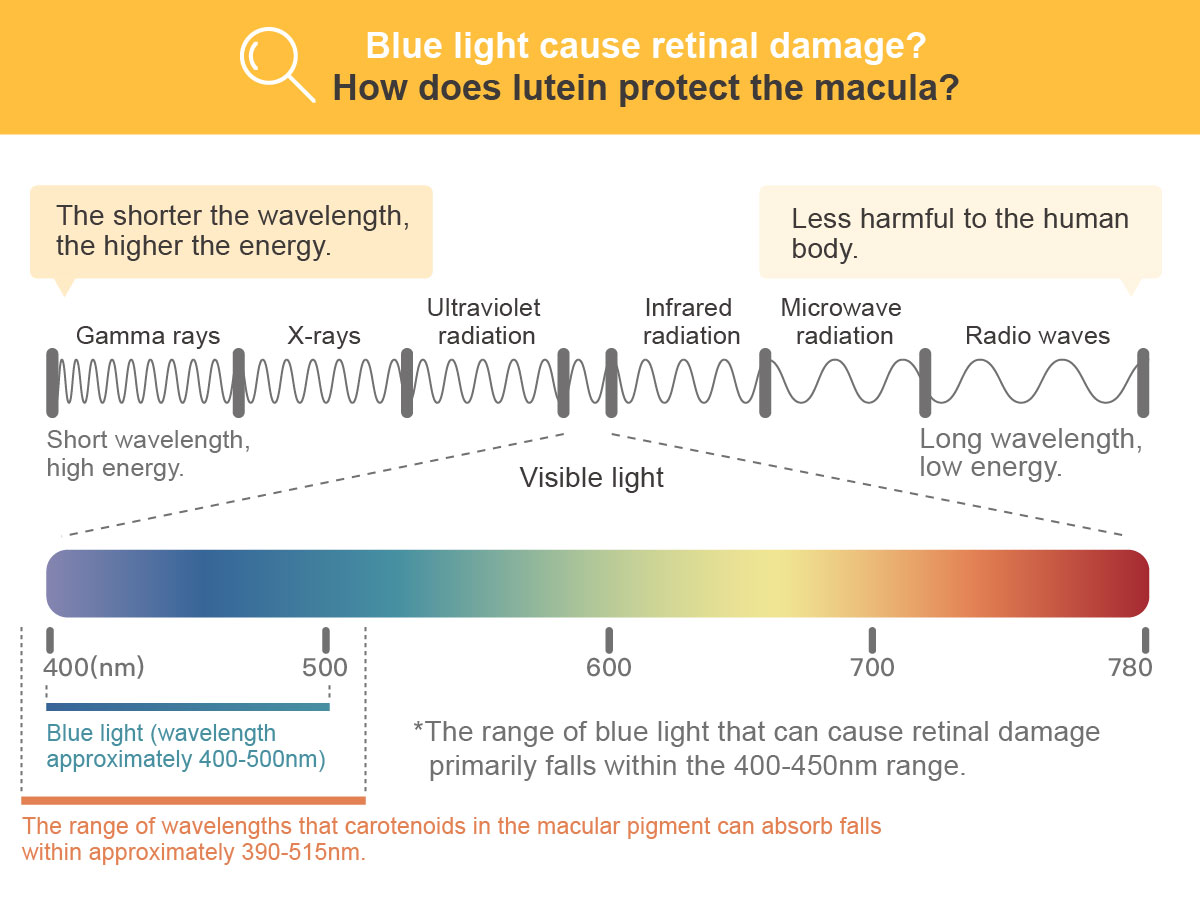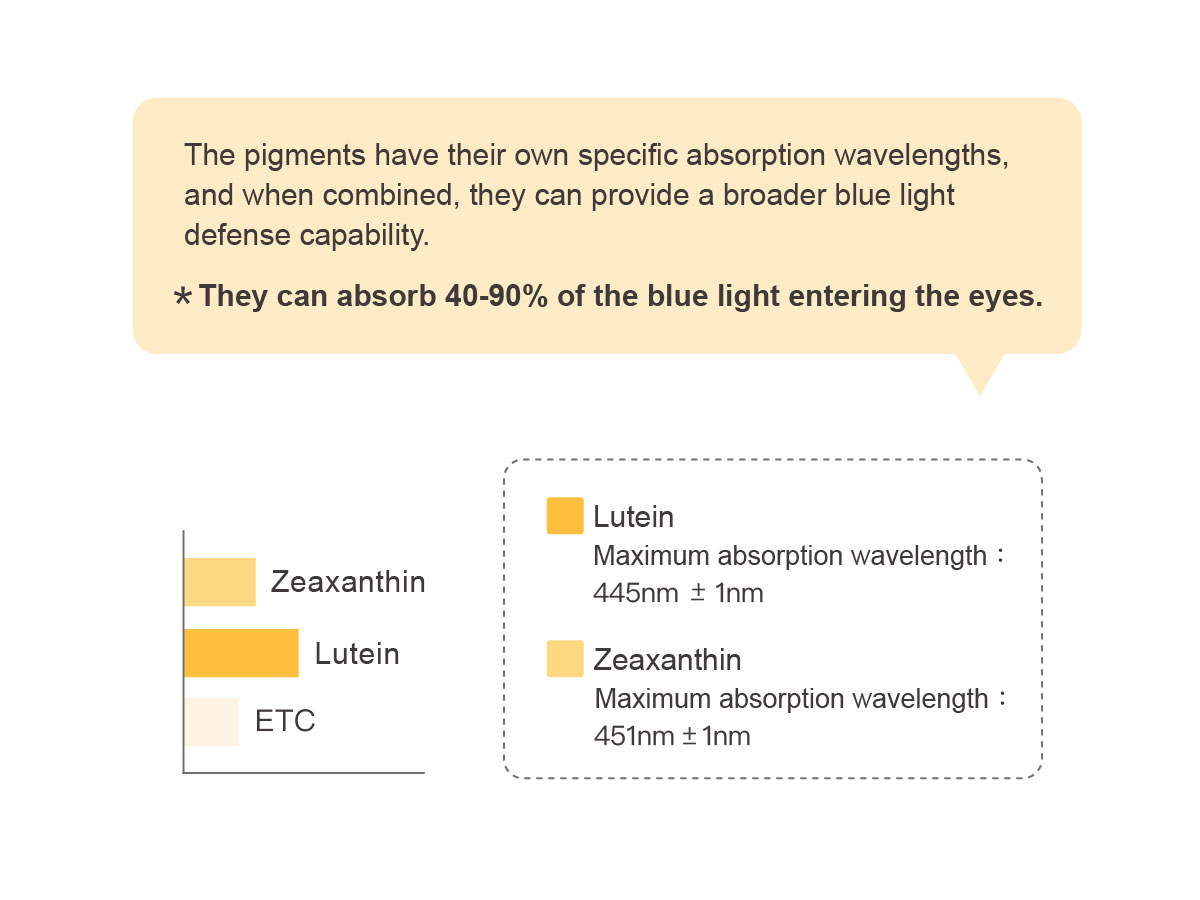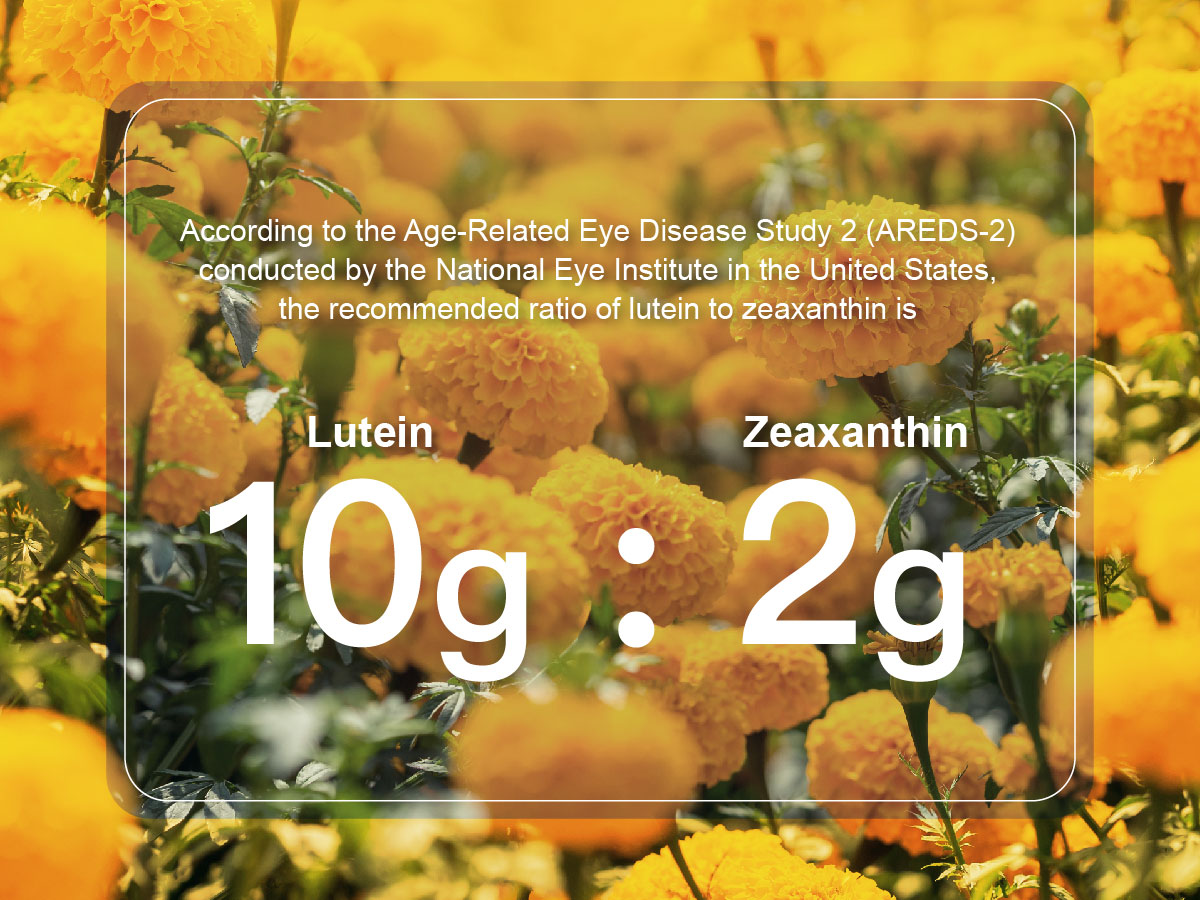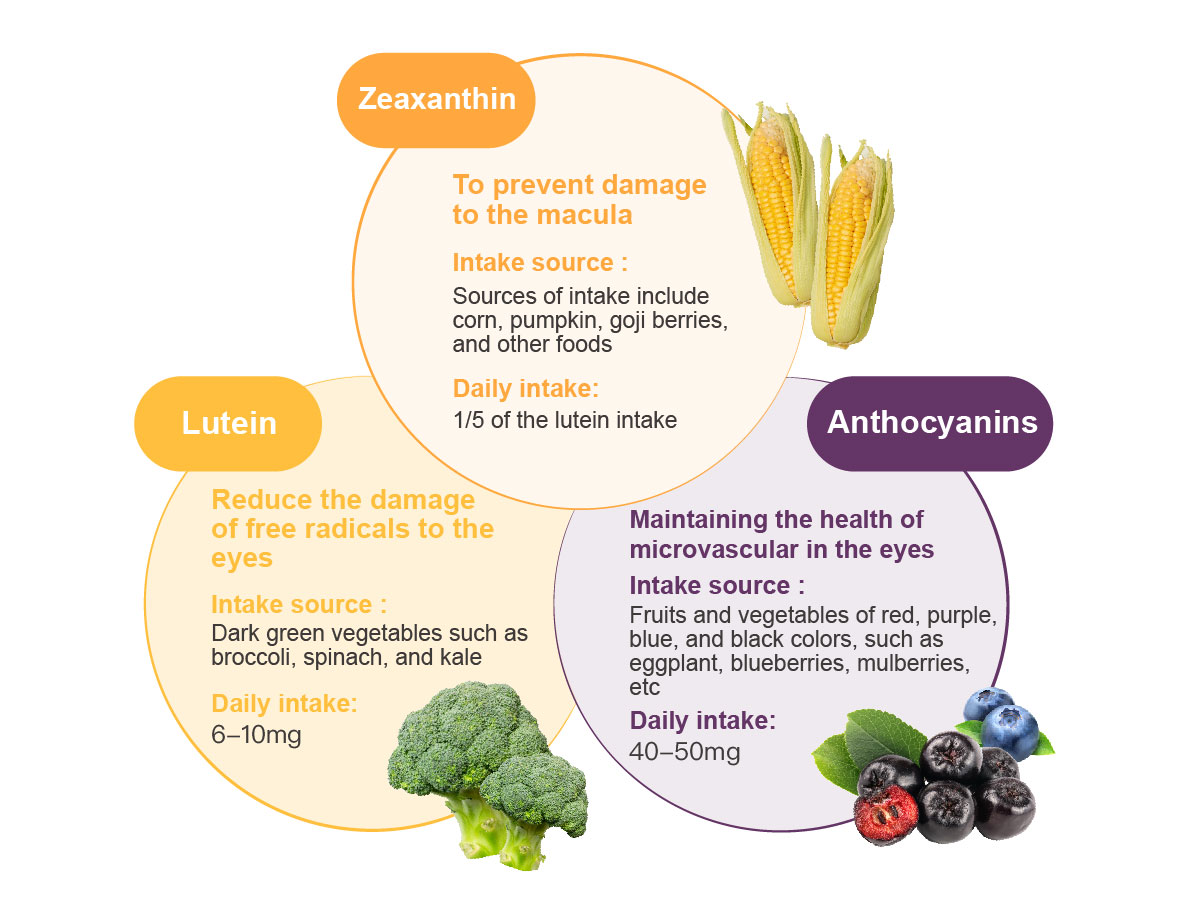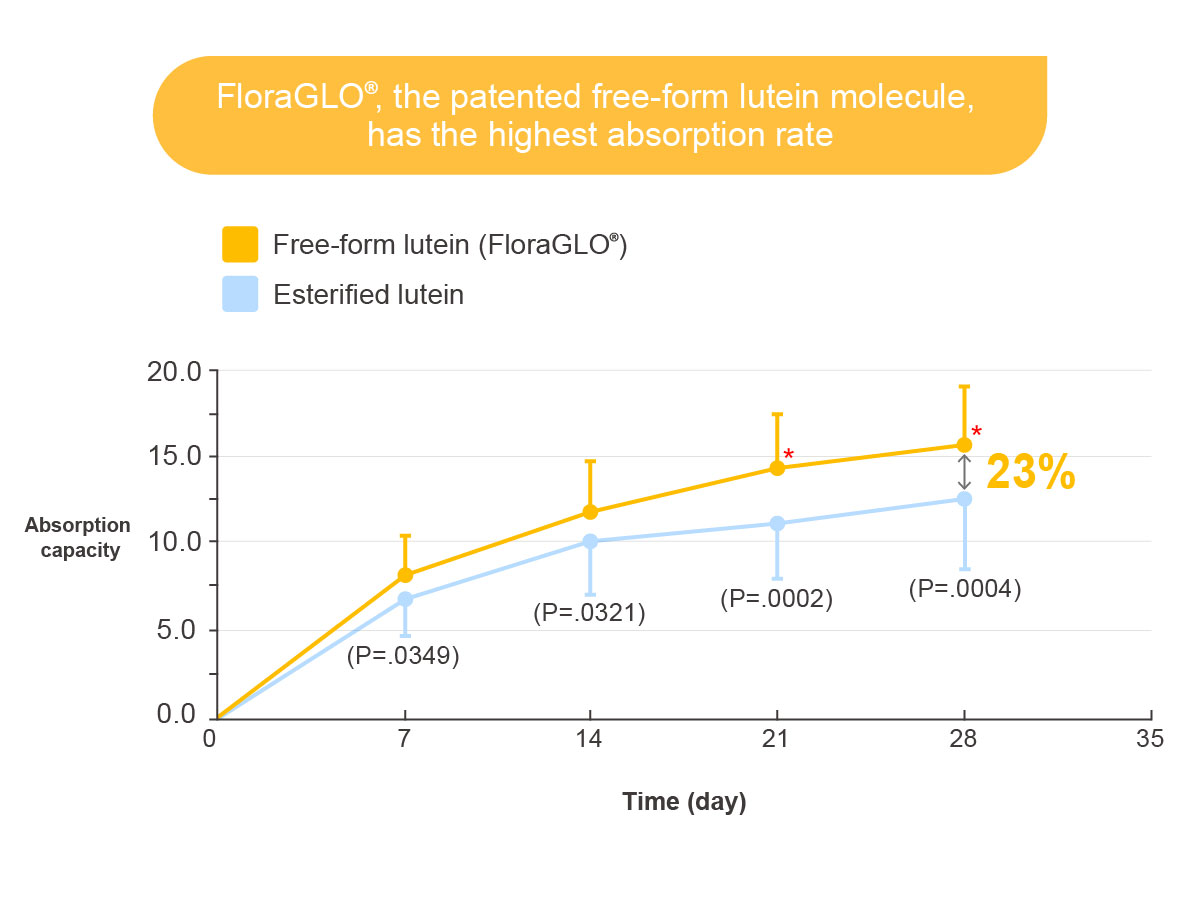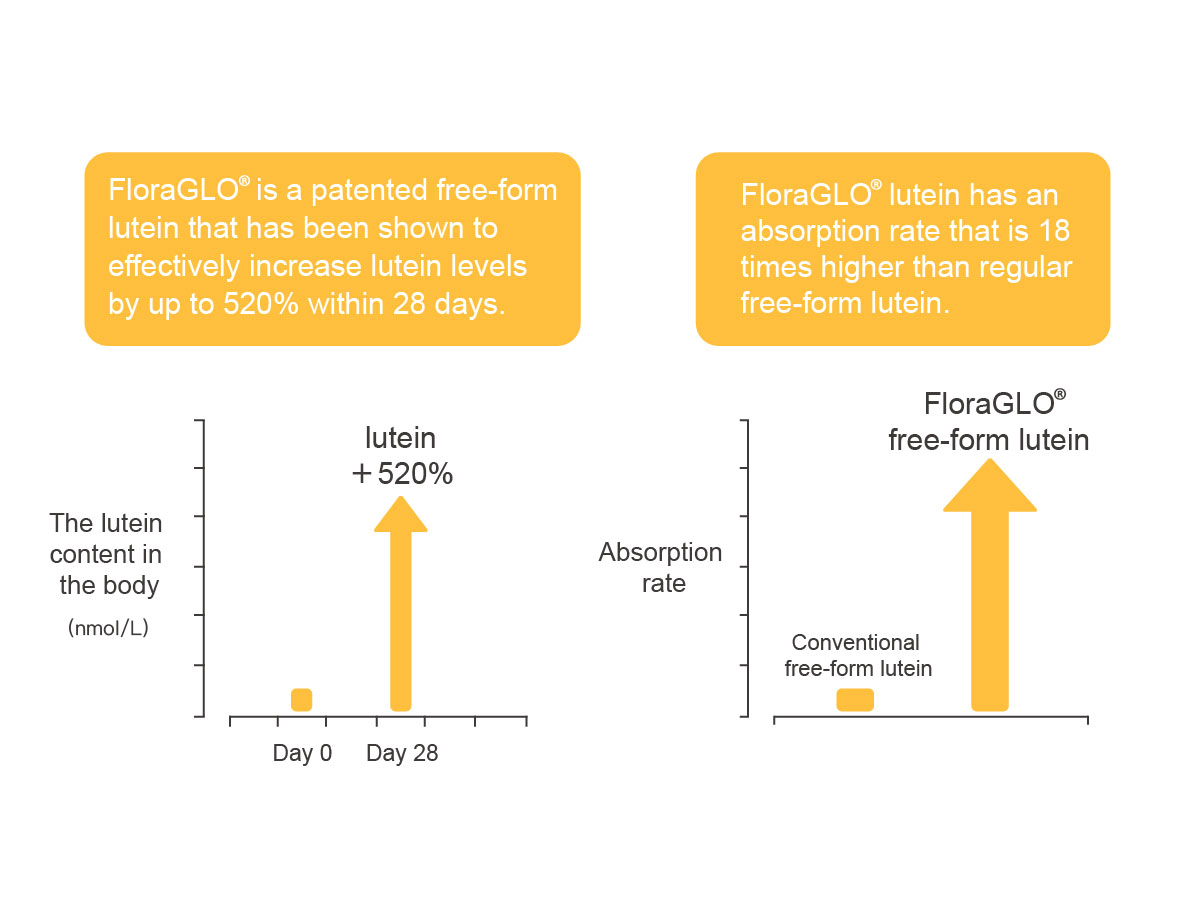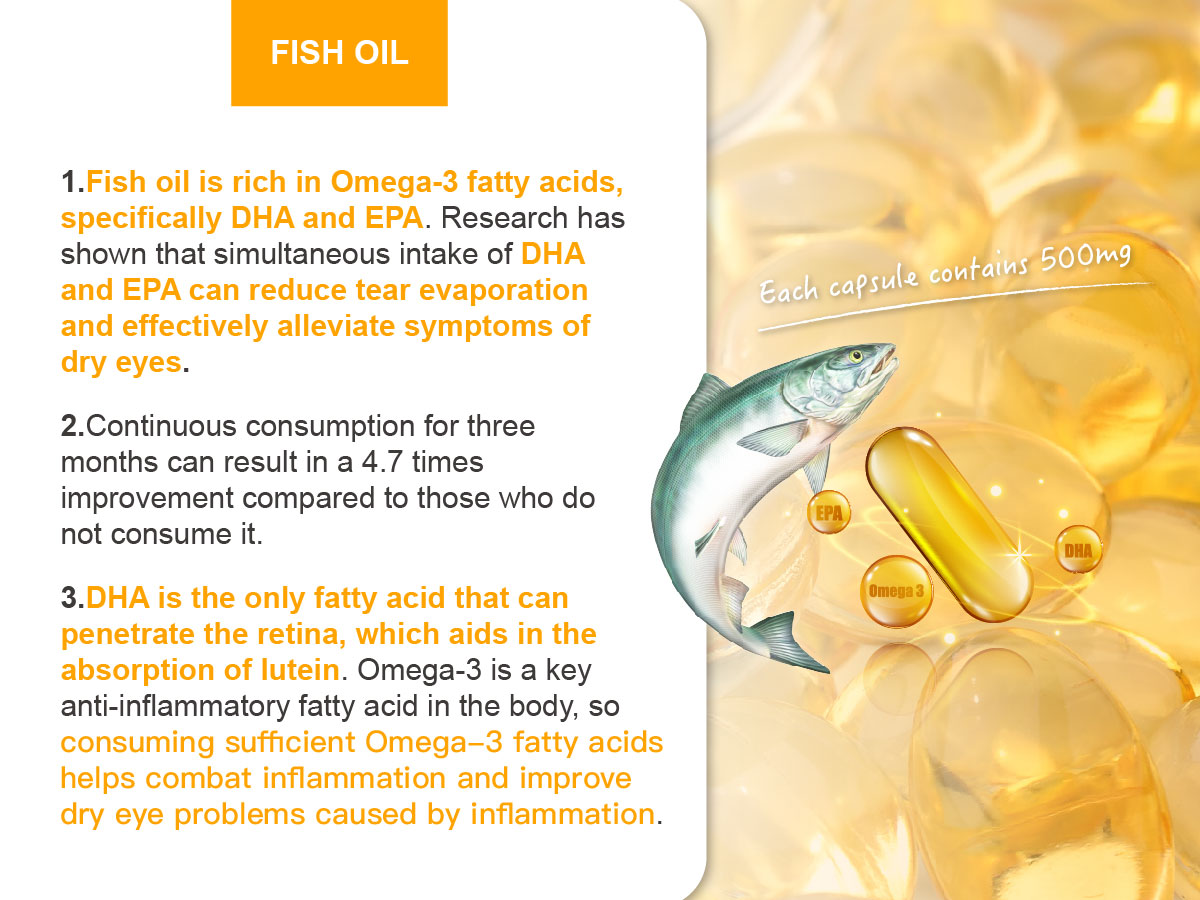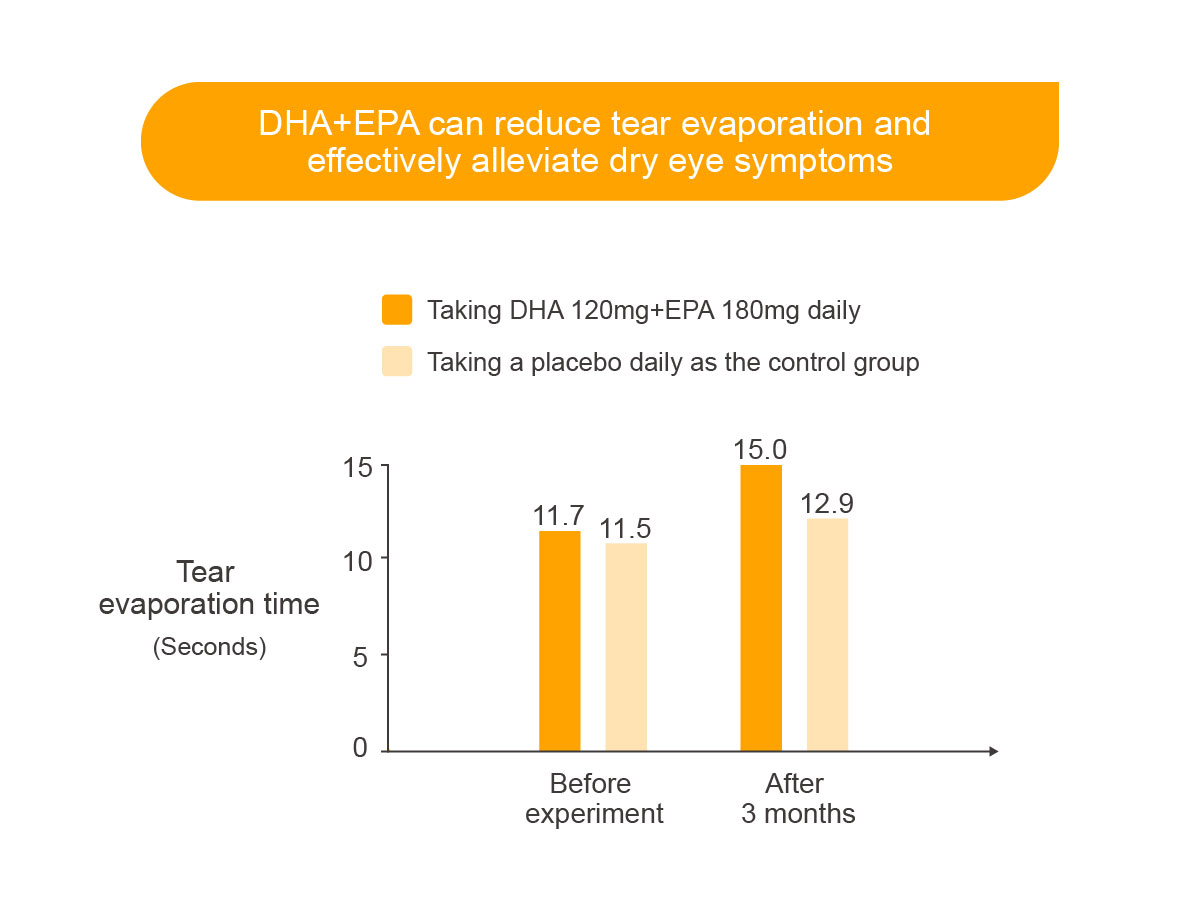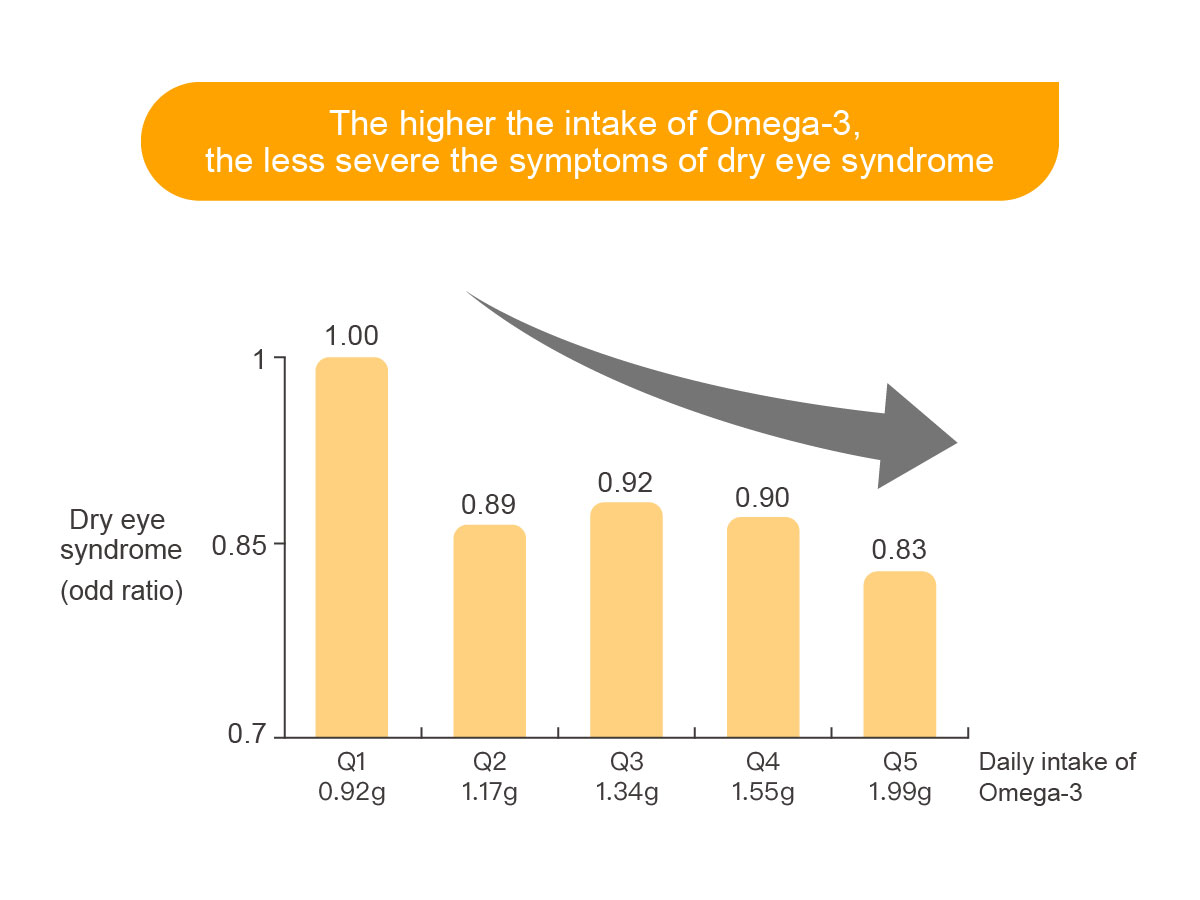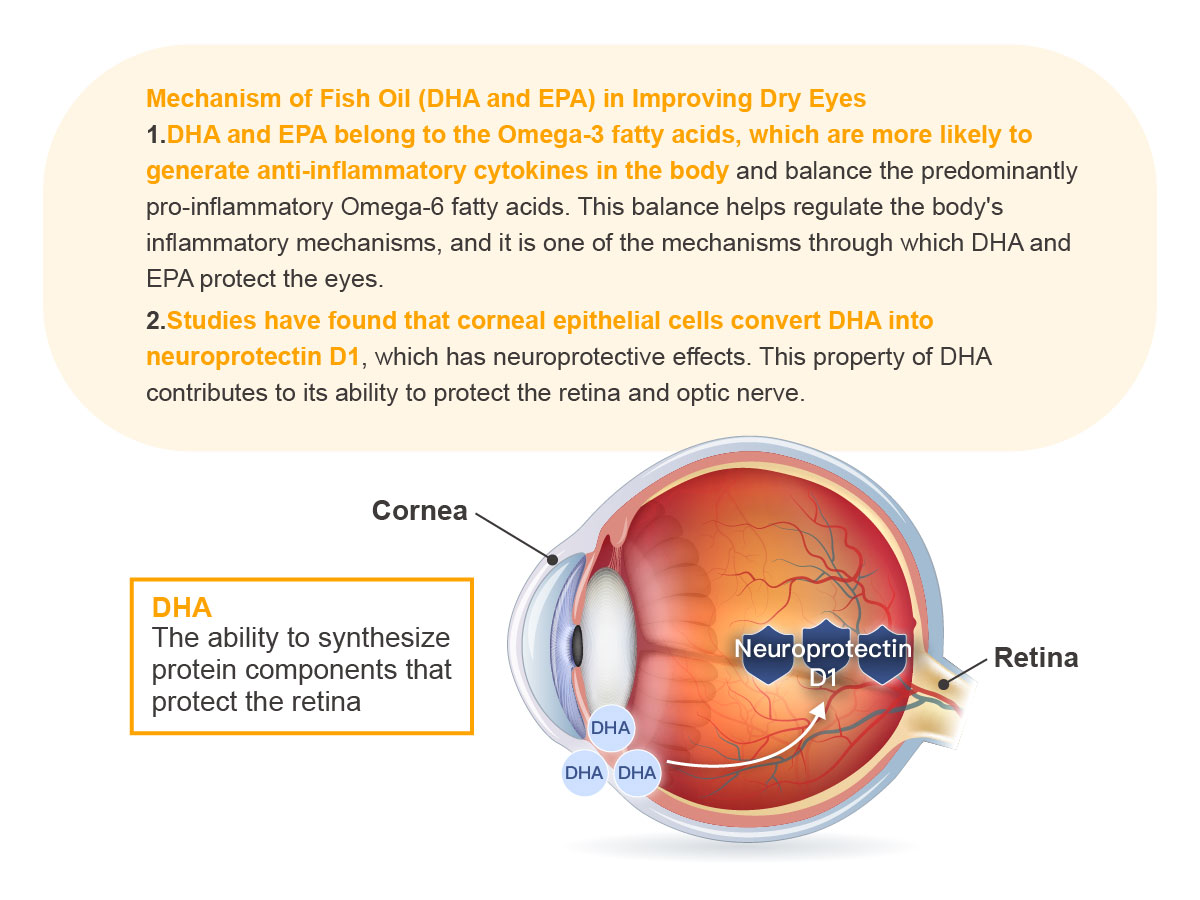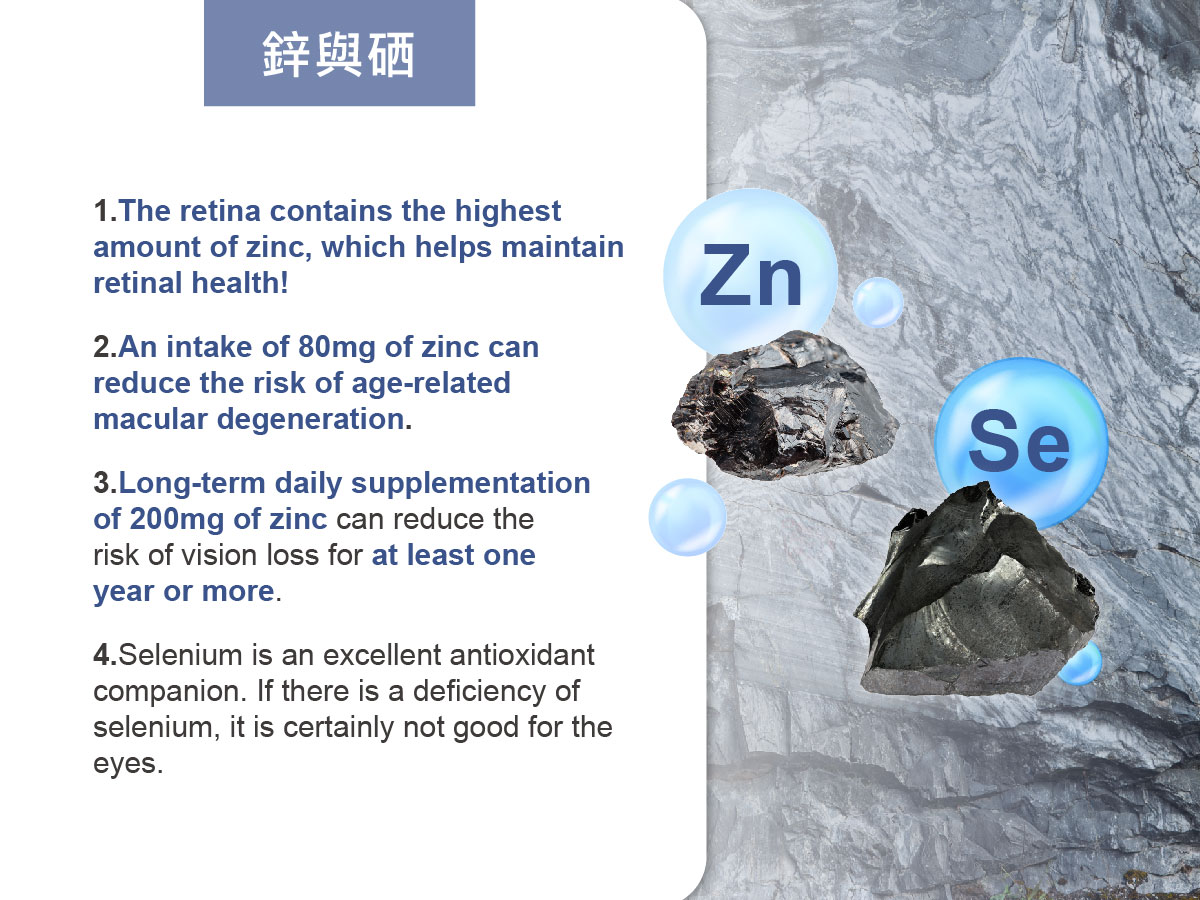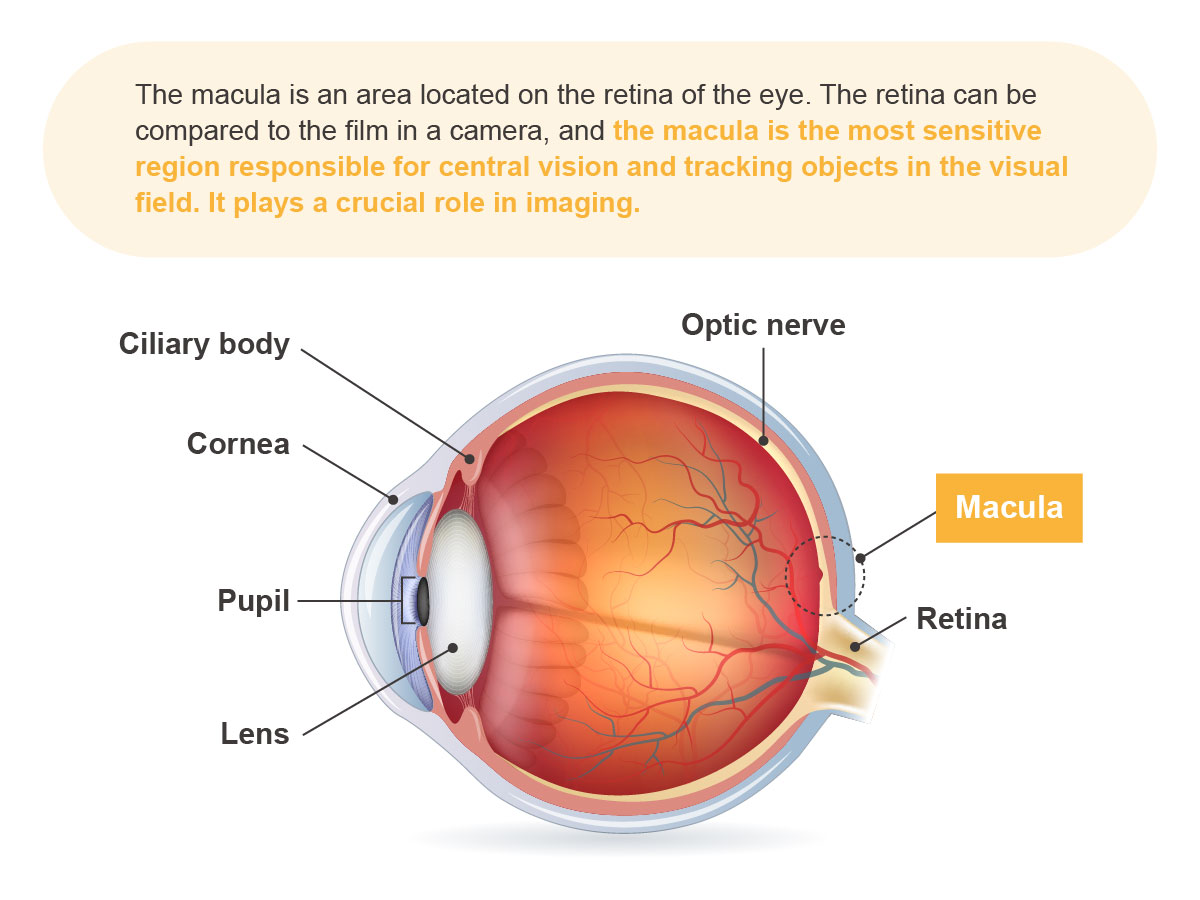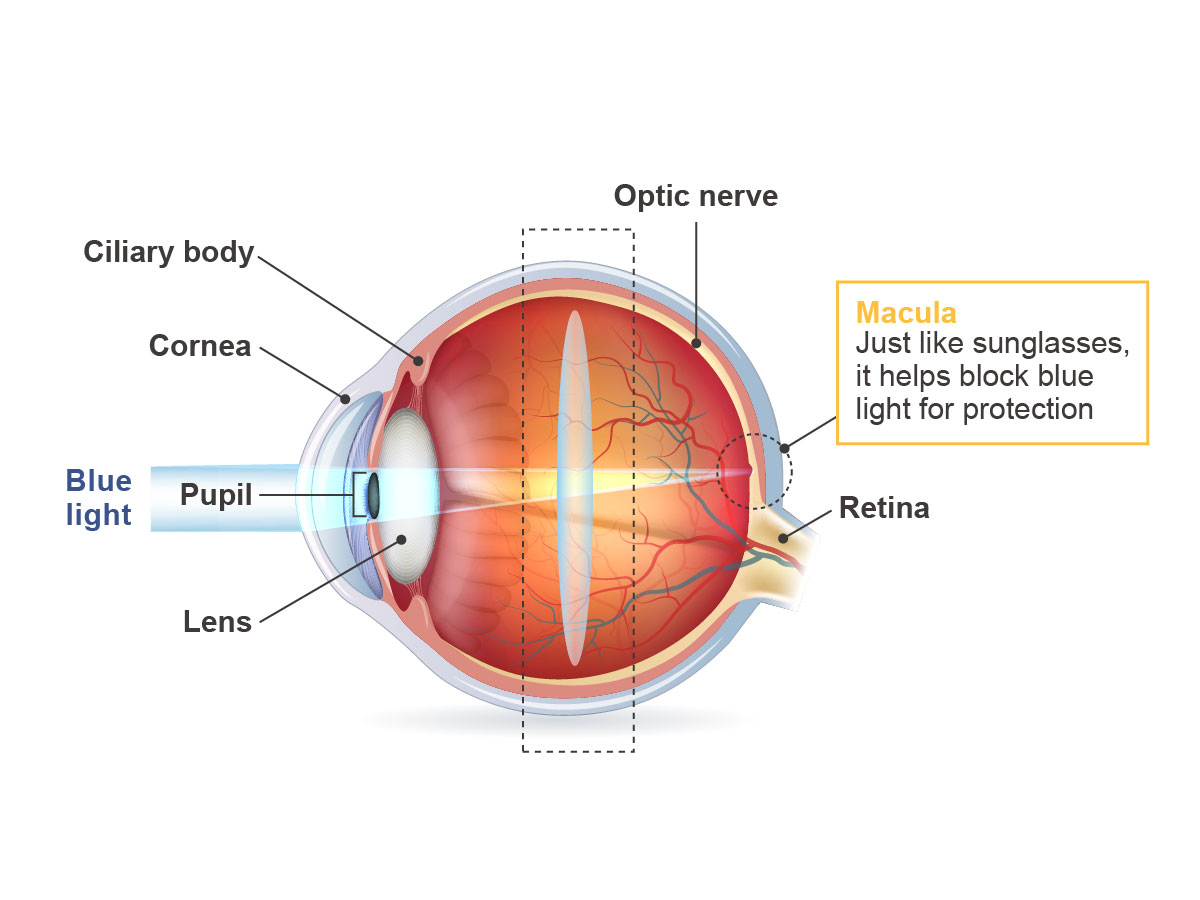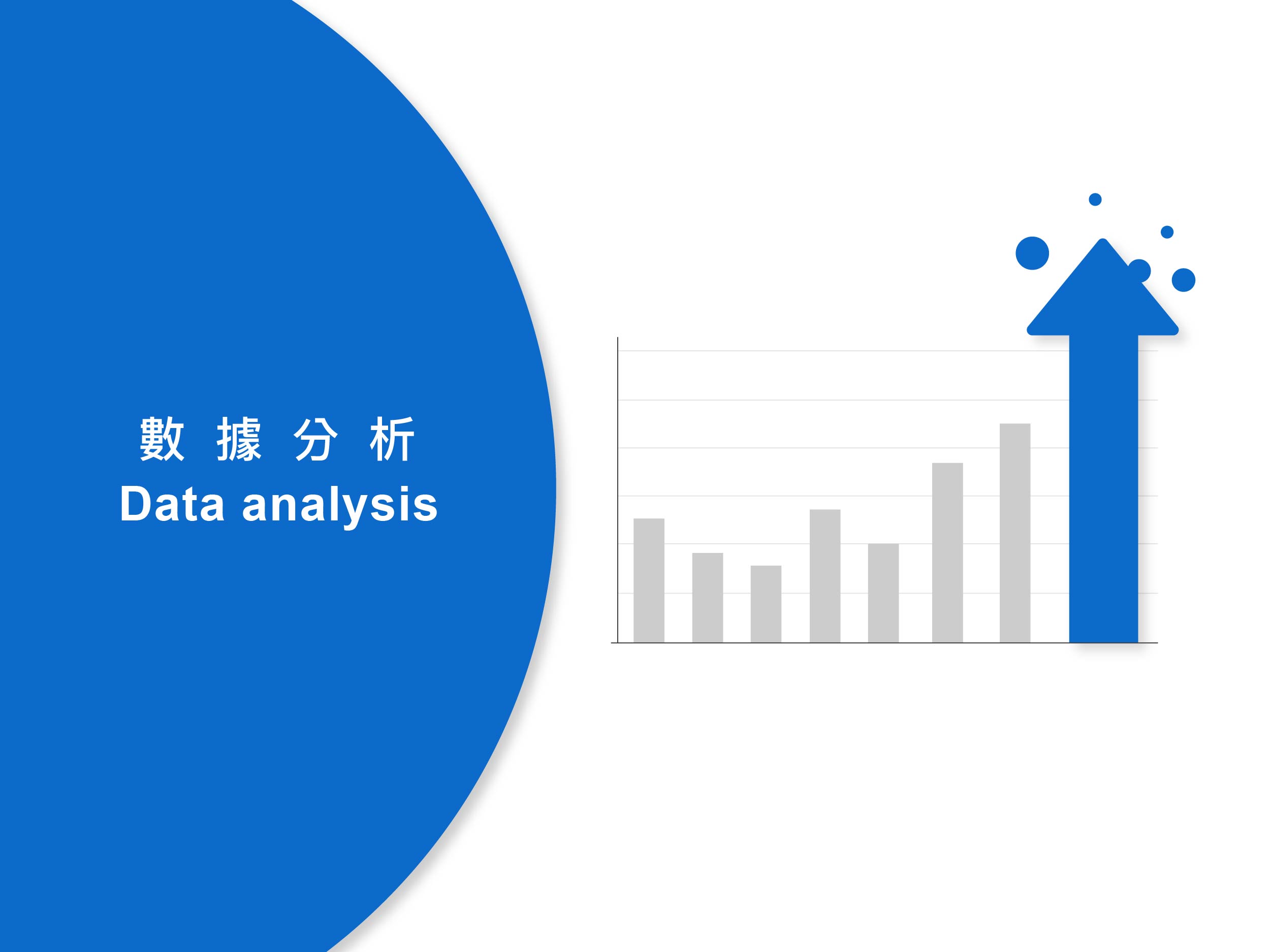Retaron® Capsule
by Ursapharm
IntroductionMedication Usage
Tear Film Dysfunction and Better Vision
Retaron® Capsule
A unique formula specifically tailored for macular degeneration, recommended in research reports.
A specialized eye care combination suitable for adults and the elderly.
Retaron® Capsule Ingredient Information
- Fish oil 500mg
- *DHA 250mg
- EPA 30mg
- Vitamin C 100mg
- Vitamin E 25mg
- Zeaxanthin 2mg
- Lutein 10mg
- Chokeberry 50mg
- Zinc 10mg
- Selenium 25ug
Supplementing with balanced nutrients helps maintain good vision for you and me
Chokeberry
- In comparison to commonly consumed red or blue berry, chokeberry has a significantly higher anthocyanin content.
- Chokeberry ranks high in antioxidant capacity, reduce inflammation in the micro blood vessels of the eyes, and alleviate damage to the lens and retina (macula).
- Can increase blood flow to the eye’s blood vessels, enhancing ocular metabolism and improving symptoms of eyestrain.
- Research has found that taking chokeberry can indeed improve nighttime vision impairment, thereby enhancing visual acuity and greatly improving nighttime vision.
Lutein & Zeaxanthin
- Zeaxanthin is an isomer of lutein and both belong to the carotenoid family, sharing the same chemical formula.
- This ratio has been found to reduce the risk of age-related macular degeneration. While lutein and zeaxanthin concentrations in the bloodstream increase shortly after ingestion, the concentration in the macula does not respond as rapidly. Therefore, long-term and consistent accumulation is necessary for a meaningful increase in the macular concentration and to achieve eye protection.
- Furthermore, the proportion of zeaxanthin to lutein intake is important because solely increasing zeaxanthin intake without considering the ratio will not have a beneficial effect on eye health.
- According to the Age-Related Eye Disease Study 2 (AREDS-2) conducted by the National Eye Institute in the United States, the recommended ratio of lutein to zeaxanthin is Lutein 10g : Zeaxanthin.
How long should you take lutein?
- It takes approximately 6 months for lutein to be absorbed by the gastrointestinal tract and transported through the bloodstream toaccumulate in the macula. Eye doctors recommend daily intake for the first 3-6 months rather than taking a pill once in a while.
- Dietary intakes of lutein, zeaxanthin and anthocyanins
Choose the brand ingredient FloraGLO®, recommended by American eye experts
According to the above figure shows, FloraGLO® , as a specific type of free-form lutein, has been shown to have an absorption rate that is 18 times higher than regular free-form lutein. It has been observed to effectively increase lutein levels by up to 520% within 28 days.
Fish oil Omega-3 (DHA + EPA)
- Fish oil is rich in Omega-3 fatty acids, specifically DHA and EPA. Research has shown that
simultaneous intake of DHA and EPA can reduce tear evaporation and effectively alleviate symptoms
of dry eyes. - DHA is the only fatty acid that can penetrate the retina
- The higher the intake of Omega-3, the less severe the symptoms of dry eye syndrome.
- This property of DHA contributes to its ability to protect the retina and optic nerve.
Zinc & Selenium
- The retina contains the highest amount of zinc, which helps maintain retinal health.
- An intake of 80mg of zinc can reduce the risk of age-related macular degeneration.
- Long-term daily supplementation of 200mg of zinc can reduce the risk of vision loss for at least one year or more.
- Selenium is the most important antioxidant
What is the macula? How does macular degeneration occur?
Macular degeneration, also known as age-related macular degeneration (AMD), is a common eye disease that occurs in individuals aged 50 and above. It is caused by the natural aging and deterioration of eye function.
However, in modern times, prolonged use of electronic devices and excessive eye strain can lead to premature aging and degeneration of the eyes, resulting in macular degeneration even in younger individuals.
The retina is essential for our vision, and the macula serves as not only the center ofthe retina but also the central visual hub. Any disease affecting the macula will inevitably impact vision, and in severe cases, it can lead to blindness.
